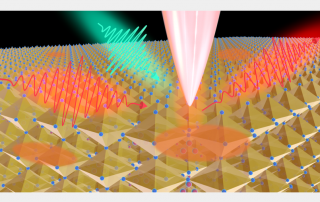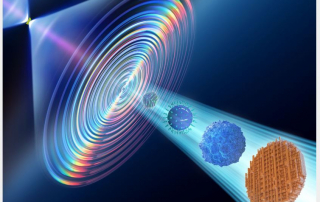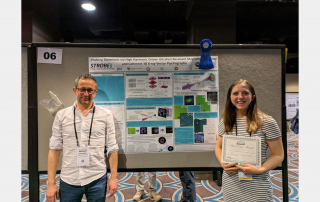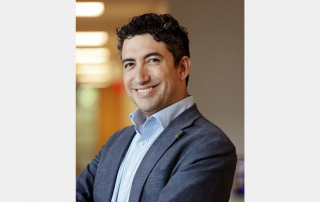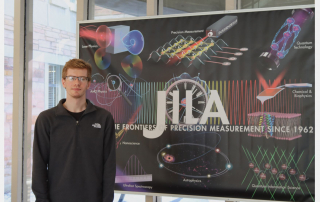Postdoctoral Researcher Position in Fiber Lasers and Frequency Combs University of California, Los Angeles (UCLA)
The Quantum Light-Matter Cooperative (QLMC) is seeking a highly motivated and skilled postdoctoral researcher (or postdoc-equivalent) to join our team at UCLA. The successful candidate will work on cutting-edge research involving advanced photonic
systems, with a focus on fiber lasers, frequency combs, and their applications in precision measurement and quantum technologies.
Key Responsibilities:
• Design, develop, and optimize fiber-based and solid-state laser systems.
• Investigate and implement frequency comb generation and stabilization techniques.
• Explore novel approaches for low phase-noise density performance and carrier-envelope phase (CEP) locking in multi-channel systems.
• Collaborate with a multidisciplinary team to advance the state-of-the-art in photonic entanglement and quantum state manipulation.
• Publish research findings in high-impact journals and present at leading conferences.
Required Qualifications:
• Ph.D. in Physics, Electrical Engineering, Optics, or a related field.
• U.S. citizenship or permanent residency.
• Expertise in fiber lasers, frequency combs, and nonlinear optics.
• Strong experimental skills in photonics, including experience with laser stabilization, phase noise characterization, and quantum state manipulation.
• Familiarity with integrated photonic platforms and hybrid photonic systems is a plus.
• Proficiency in data analysis and computational tools for modeling photonic systems.
• Excellent written and verbal communication skills.
See attachment for more information.
